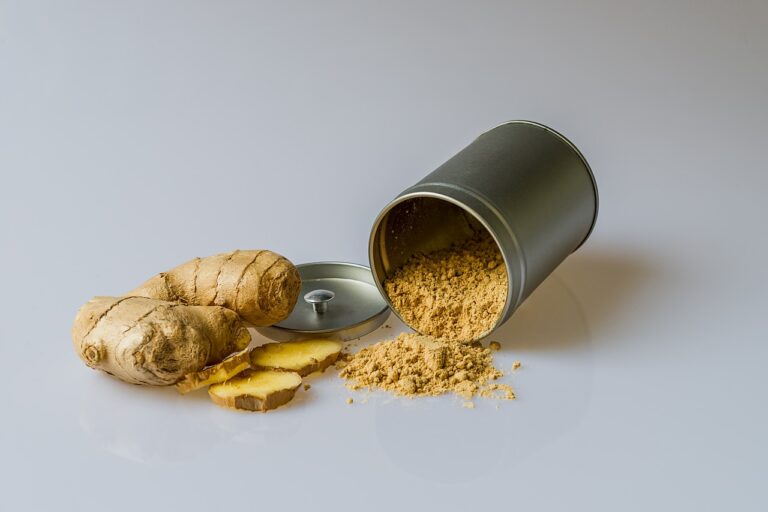The Surprising Health Benefits of Spices and Herbs
Spices and herbs have been utilized for their health benefits since ancient times across various cultures. The use of these natural ingredients dates back to early civilizations, where they were not only employed for adding flavor to food but also for their medicinal properties. Ancient texts and historical records depict the importance of spices and herbs in maintaining overall well-being and treating ailments.
In traditional medicine systems like Ayurveda and Traditional Chinese Medicine, spices and herbs were considered valuable resources for promoting healing and maintaining a healthy balance in the body. These practices emphasized the therapeutic potential of different spices and herbs, harnessing their properties to address specific health concerns. The historical significance of spice and herb usage for health underscores the enduring belief in the healing power of natural remedies throughout human history.
Anti-Inflammatory Properties of Common Spices and Herbs
Numerous common spices and herbs have been shown to possess potent anti-inflammatory properties. Turmeric, commonly used in Indian cuisine, contains a compound called curcumin that has been extensively studied for its anti-inflammatory effects. Studies have indicated that curcumin may help reduce inflammation by blocking certain molecules that play a role in the inflammatory process.
Ginger, another popular spice, has also been recognized for its anti-inflammatory properties. Gingerol, the main bioactive compound in ginger, has been shown to inhibit the production of inflammatory substances in the body. Its ability to reduce inflammation may contribute to its traditional use in alleviating various digestive issues and pain relief.
How long have spices and herbs been used for their health benefits?
Spices and herbs have been used for their health benefits for thousands of years, dating back to ancient civilizations.
What are some common spices and herbs that have anti-inflammatory properties?
Some common spices and herbs that have anti-inflammatory properties include turmeric, ginger, cinnamon, garlic, and rosemary.
How do spices and herbs help reduce inflammation in the body?
Spices and herbs contain compounds that have anti-inflammatory properties, which can help reduce inflammation in the body when consumed.
Can incorporating more spices and herbs into my diet help with chronic inflammation?
Yes, incorporating more spices and herbs into your diet can help with chronic inflammation by providing natural anti-inflammatory benefits.
Are there any potential side effects of consuming too many spices and herbs?
While spices and herbs are generally safe when consumed in moderation, it’s always best to consult with a healthcare provider before making significant changes to your diet.







